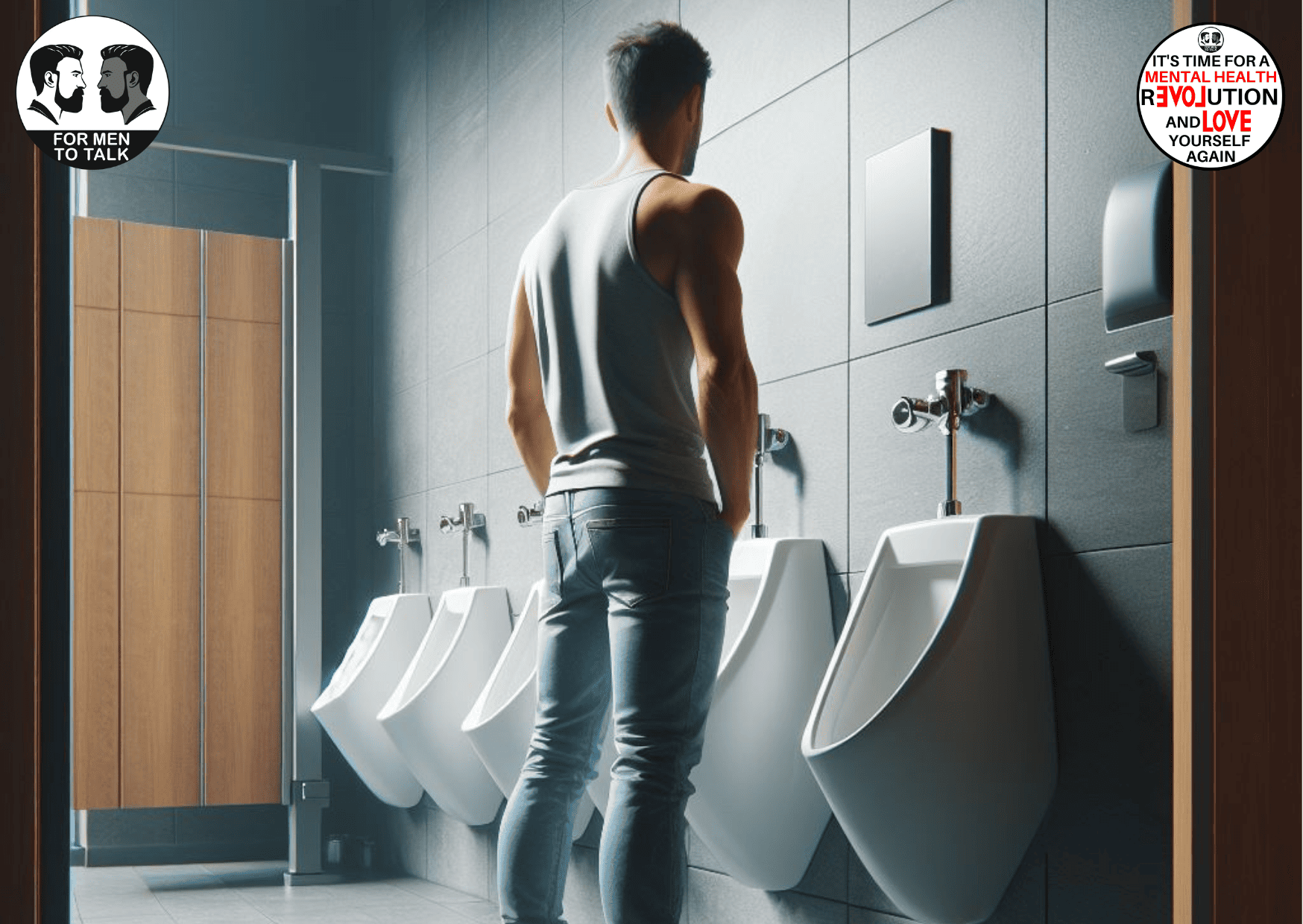Understanding incontinence in men: Causes and impact on mental health

Incontinence is a medical condition characterised by the inability to control the release of urine or faeces, leading to involuntary leakage. While often associated with aging, incontinence can affect individuals of all ages and genders, including men. The causes of incontinence in men are diverse, and its impact on mental health can be profound.
Causes of Incontinence in Men:
Prostate Issues:
One of the common causes of incontinence in men is prostate problems. Conditions such as enlarged prostate (benign prostatic hyperplasia) or prostate cancer can affect urinary control. Surgical interventions, such as prostatectomy, may also contribute to temporary or permanent incontinence.
Neurological Disorders:
Certain neurological disorders, such as multiple sclerosis or spinal cord injuries, can disrupt the signals between the brain and the bladder, leading to incontinence.
Bladder Issues:
Conditions affecting the bladder, like bladder stones, infections, or overactive bladder syndrome, can result in involuntary urine leakage.
Medications:
Some medications, especially those prescribed for hypertension or diuretics, may contribute to increased urine production and, consequently, incontinence.
Age-Related Changes:
Aging is a significant factor in the development of incontinence. As men age, muscles in the bladder and urethra may weaken, reducing the ability to control urinary function.
Lifestyle Factors:
Unhealthy lifestyle choices, such as excessive alcohol consumption, smoking, and obesity, can contribute to incontinence. These factors can strain the pelvic muscles and exacerbate urinary control issues.
Impact on Mental Health:
Emotional Distress:
Dealing with incontinence can be emotionally distressing for men. The fear of leakage, embarrassment, and the potential social stigma associated with the condition can lead to anxiety and depression.
Social Isolation:
Men with incontinence may withdraw from social activities to avoid potential embarrassment. This isolation can negatively impact mental health, leading to feelings of loneliness and inadequacy.
Reduced Self-Esteem:
The loss of bladder control can significantly affect a man’s self-esteem. The inability to perform daily activities without the fear of leakage can lead to a diminished sense of self-worth.
Impact on Relationships:
Incontinence can strain relationships, especially intimate ones. Communication breakdowns and feelings of inadequacy may arise, further contributing to mental health challenges.
Coping Mechanisms:
Some men may develop unhealthy coping mechanisms, such as excessive use of alcohol or avoidance of seeking medical help, to deal with the emotional toll of incontinence.
Coping Strategies:
Seeking Medical Help:
Consulting with healthcare professionals is crucial. They can identify the underlying causes of incontinence and develop an appropriate treatment plan.
Pelvic Floor Exercises:
Strengthening pelvic floor muscles through exercises can improve bladder control.
Lifestyle Modifications:
Adopting a healthy lifestyle, including maintaining a balanced diet, staying hydrated, and managing weight, can positively impact urinary function.
Emotional Support:
Connecting with support groups or seeking therapy can provide emotional support and help individuals cope with the mental health challenges associated with incontinence.
In conclusion, incontinence in men is a complex condition with various causes. Its impact on mental health is significant, affecting emotional well-being, relationships, and overall quality of life. Seeking timely medical help and adopting healthy coping strategies are essential for managing both the physical and psychological aspects of incontinence.